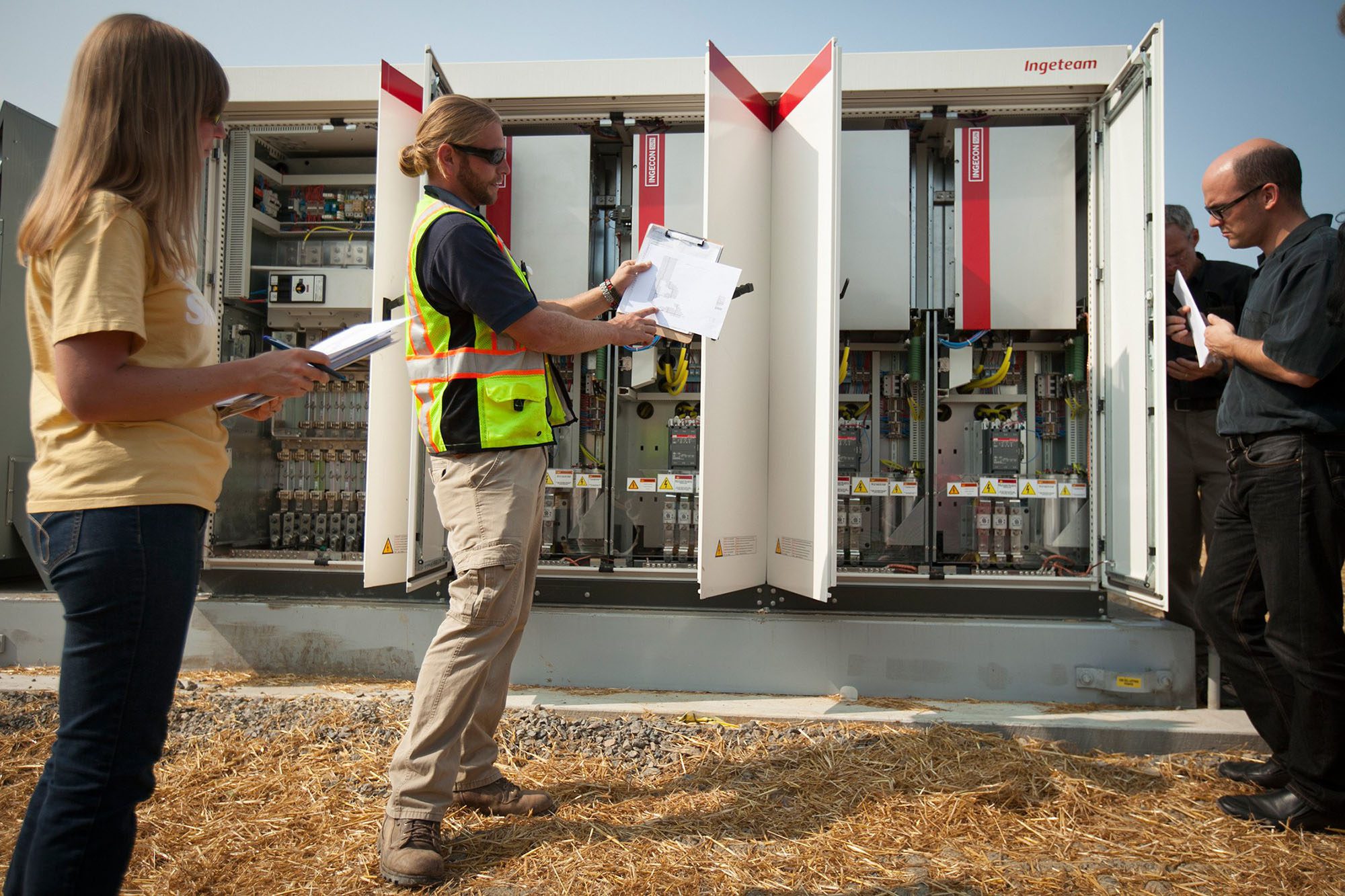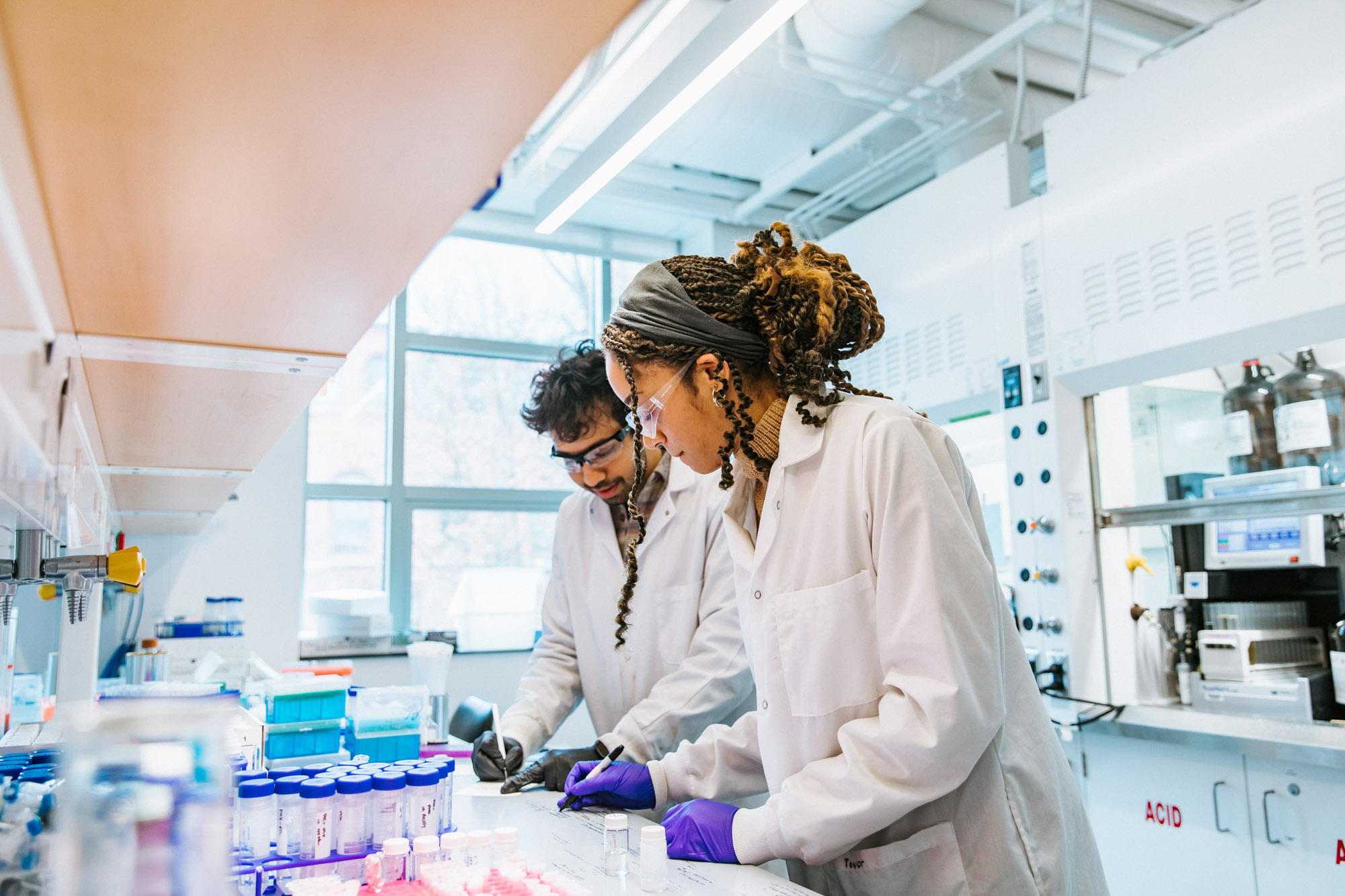Page Contents
Note: This page provides a general overview. For complete and accurate information, please refer to our M.Eng. Handbook consult the M.Eng. Student Services Coordinator. For current course offerings and information, refer to the Cornell University Registrar: Courses of Study
Degree Requirements
- Register as a full-time M.Eng. student for two semesters. Federal rules stipulate that a student must be enrolled in at least 12 credit-bearing hours to be considered full-time.
- Complete at least 30 credit hours of approved coursework (5000-level or above).
- Courses taught in the College of Engineering or throughout the University numbered 5000 or above qualify as acceptable for the degree. However, only courses with direct professional relevance can be counted toward the 30-credit-hour requirement.
- Complete a minimum of 12 letter-graded CHEME credit hours, not including the M.Eng. project (CHEME 5650/51)
- A maximum of 2 credit hours of S/U courses may be applied towards the 30-credit-hour requirement.
- Complete an M.Eng. project between 3 – 6 credit hours (CHEME 5650/51). Students wishing to increase the project credit hour limit (>3) must petition the M.Eng. Program Director, where all other degree requirements remain in place.
- Complete a 3-credit hour environmental and social impact elective (5000-level or greater from any department with a societal or environmental theme).
- Complete a 3- credit hour business practice elective (5000-level or greater from any department with a business theme).
Specific Curriculum Requirements
-
CHEME 5020
Immersive Professional Development for Chemical Engineering M. Eng. (Fall)
-
CHEME 5800
Principles of Computational Thinking for Engineers (Fall)
-
CHEME 5820
Machine Learning and Artificial Intelligence Methods for Engineers (Spring)
-
CHEME 5651
M. Eng. Design Project Studio (Spring)
-
CHEME 5650
Design Project (Spring)
Business Practice and Environmental and Societal Impact Electives
In their careers, M.Eng. graduates will benefit from knowledge of business practices and environmental, and societal impact. All M.Eng. students must complete at least three credits (by taking one course worth three credits or a combination of courses for a total of three credits) in each of these areas.
This requirement may be waived if you can demonstrate relevant academic or industrial experience in one or both areas.
M.Eng. Project Requirement
A key component of the M.Eng. program is completion of a capstone immersive project that exemplifies knowledge acquired throughout the program. The team-based projects are typically corporate sponsored and focused on start-up, “big company” or can be company facing self-defined (must be first approved by the director). The M.Eng. project is conducted under the mentorship of a faculty member. You will earn between 3-6 credits for your project work — its pace, start time, final report format, and appropriate credit hours will be decided in consultation with your project mentor and the sponsoring company.
To replicate real-world scenarios and implications, M.Eng. projects will be team based and incorporate a financial analysis and feasibility study component. This requirement — based in project management principles — builds your skills in teamwork, leadership, effective communication skills, and design aspects of industrially relevant processes and products.
Focus Areas
-
![Person hand holding water sensor computer chip above a crate of apples. The chip was developed by professor Abraham Stroock]()
Data Science and Artificial Intelligence
-
![Solar Farm tour with professor Tobias Hanrath.]()
Energy Economics and Engineering
-
![two researchers in lab coats conducting an experiment in the Alabi Lab.]()
Medical and Industrial Biotechnology
Data Science and Artificial Intelligence
Data Science and Artificial Intelligence is driving the next phase of societal transformation. Recent advancements in the Internet of Things, wireless sensors, clouds, mobile devices, smart manufacturing, artificial intelligence, especially large language models (LLMs), and fast computing capabilities will enable the next Industrial Revolution. The DSAI focus path is located at the intersection of process engineering, data science, and computer science. It teaches students data analytics skills, decision-support tools for solving real-world operational problems in the era of big data, and fundamental concepts in machine learning and artificial intelligence.
Energy Economics and Engineering
Energy Economics and Engineering brings together faculty and students from various personal and academic backgrounds to focus on one of the central challenges of time: the transition to a carbon-neutral future. This focus prepares students for careers in energy-related technology, management, and public policy. Students consider how chemical engineers assess energy options on both a project and system level, utilizing technical, financial, and economic techniques to properly consider the direct and indirect impacts and outcomes of our energy choices.
Medical and Industrial Biotechnology
Medical and Industrial Biotechnology is fundamentally changing the human condition. Advanced analytics and new scientific developments enable the rapid development of vaccines, faster and more reliable disease diagnosis, and the development of next-generation therapeutics. Industrial biotechnology is paving the way to renewable chemistry and green consumer products. This focus area prepares students for biotechnology and pharmaceutical careers in world-leading organizations such as Pfizer, Merck, and Regeneron.


